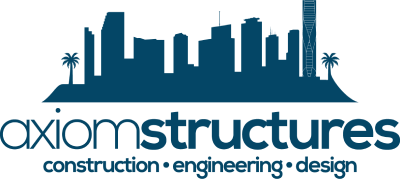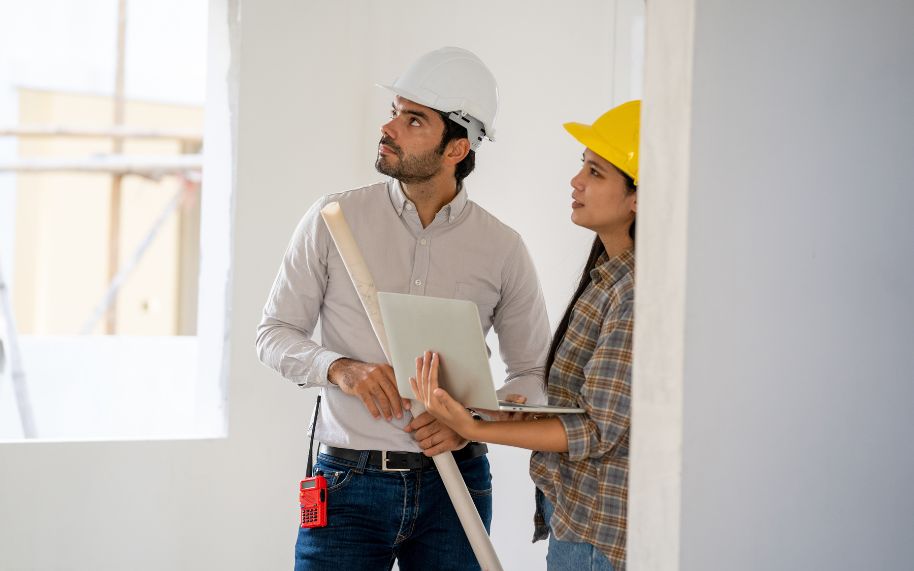Structural and home inspections are necessary assessments that current or potential property owners may need to consider to ensure the safety of a home. However, it’s easy to confuse the two for being one and the same.
The truth is that structural and home inspections are two different evaluations that require the help of separate entities. In this article, you’ll discover the difference between structural and home inspections and when it’s appropriate to conduct one over the other.
What Is a Structural Inspection?
A structural inspection is an evaluation that determines a building’s ability to carry design loads. These assessments typically require the knowledge of a licensed structural engineer who will look at specific areas of a home during the evaluation.
What Do Specialists Look For?
During a structural inspection, an engineer focuses on key structural elements of the home such as, roof framing systems, walls, beams and columns and the foundation, where these areas are accessible. Structural engineers look for foundation concerns like settling, heaving, or deep crack development. These professionals also inspect wallframing systems, beams and columns and check for cracks around any openings could indicate deeper structural failures.
Structural engineers will also inspect floors and exposed parts of the home, like joists, beams, and studs, while evaluating roof framing systems and its ability to withstand weather conditions.
When Are Structural Inspections Necessary?
While the law may not mandate structural inspections, many financial institutions may require them before issuing loans. You can request this service before purchasing a home or after suffering a natural disaster if you suspect structural issues.
What Is a Home Inspection?
A home inspection is a broader assessment that covers the property as a whole rather than focusing solely on its structure. You can schedule one before a home purchase in the same fashion as you would for a structural evaluation. The inspector will check different areas for water damage, electrical wiring, and roofing concerns.
What Do Experts Focus On?
While home inspectors can assess the home’s structural integrity, the inspection is surface-level and focuses on superficial damage. For example, a professional may notice warped floors and bowing walls, but they won’t conduct a further evaluation to determine if deeper issues are present. In this case, they would contact a structural engineer to inspect further.
Home inspectors also look closely for current or past signs of water damage and concentrate on the roof’s assembly condition. These professionals will check HVAC systems, ductwork, plumbing, and electrical wiring to confirm the property’s safety.
In what seems to be an ongoing debate, there’s a difference between structural and home inspections that makes them appropriate for distinct reasons. Both procedures require the expertise of trained professionals to focus on separate elements of a home or building.
When seeking the completion of a structural inspection, consider contacting us at Axiom Structures. Our Florida-based company specializes in structural inspection services in Fort Lauderdale for construction or property improvement projects.

